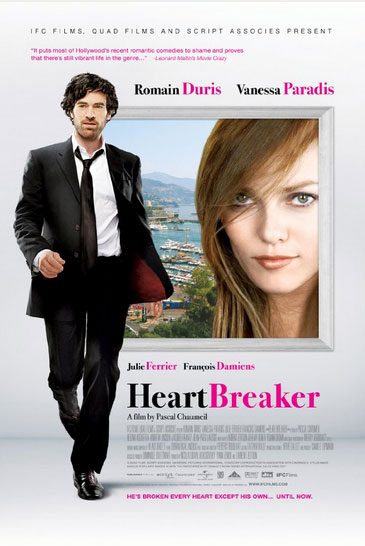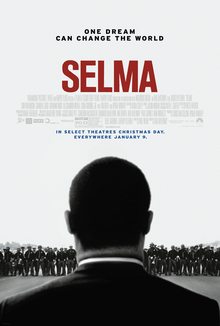
In the first scene of Xavier Dolan's latest film "Mommy", we see our protagonist Diane (Anne Dorval) pensively rummaging through her yard, picking apples. She doesn't say a word, the score swells with melodious strings and the cinematography goes in and out of focus. It's a sight of rare elegiac beauty, yet it's abstraction was cause for immediate concern. Knowing his previous work, I became worried that Dolan would resort to some of his worst tendencies - stylistic over-indulgence and superfluous storytelling. What a relief then, to see that this scene is not reflective of "Mommy" as a whole. Instead, the film turns out to be Dolan's most focused and rewarding work to date (pending a viewing of "Tom at the Farm").
The film tells the story of a single mother named Diane and the trials and tribulations she endures with her son Steve (Antoine-Olivier Pilon). At the beginning of the film, Steve has just been expelled from his school after setting fire to the cafeteria, following a violent outburst triggered by his uncontrollable ADHD. Said school is actually a detention center, but even they are unable to deal with his problems. Placement in a mental hospital seems to be the most logical next step (encouraged by a new federal law), but Diane is staunchly resistant. After effectively telling them which orifice to stick their advice in, she grabs her precious son and they march on, determined to figure it all out on their own.
As expected, the first few days are rough for Steve, his mood swings creating an unstable living environment for him and his mother. After one especially aggressive tussle between the two, help comes from the an unlikely source. The fight leaves Steve visibly injured and bleeding, prompting a diminutive, shy neighbor to come over to help. Soon, the family strikes up a friendship with this woman named Kyla (Suzanne Clement) and upon hearing that she's a teacher on sabbatical, they persuade her to home-school Steve while Diane tries to earn a living. Eventually, Kyla becomes more than just a tutor, acting as a calming presence in the household and also getting her own therapeutic benefits from the companionship. With mutual love and compassion in abundance, the future seems bright and hopeful for the first time in years. But will the peace and harmony last? "Mommy" is ultimately a testament to a mother's unconditional love, its abiding comfort and the obstacles that arise when it's all you have left.
Throughout his still young career, Dolan has consistently assembled some excellent acting ensembles. Of his core group, the luminous Anne Dorval and Suzanne Clement (is it just me, or do they get more beautiful with age?) are given the spotlight. It's no secret that he's fond of actresses, yet this is the first time I've felt that his directorial flourishes are completely in service of their craft. He came close with the superb "Laurence Anyways" but not to this extent, where he seems to have handed over the film entirely to his characters.
Much has been said of the film's unique aspect ratio, a sacrilegious 1:1 that probably made the purists want to run screaming for the nearest exit. The most revered film auteurs are those who challenge the form though, and the way Dolan uses the aspect ratio as a narrative device is absolutely inspired. The boxy framing conveys the pressure-cooker feeling of this makeshift family's volatile situation, keeping us attuned to their persisting unease. Whenever that pressure releases momentarily, the way the aspect ratio shifts is nothing short of breathtaking.
The great achievement of "Mommy" is this ability to be so firmly character-driven without losing the director's signature style. Dolan has admitted the same, describing the film as a "simple family drama" with the style being secondary. Of course, Dolan never met a pop music interlude he couldn't milk for all its worth, but this time he also reveals something about the characters and their relationships, while his typical slow-motion montages take us deep into their individual and collective psyche. All the way, Dorval, Clement and Pilon take us on an intense, emotional journey. Their outstanding performances are so alive and present that they manage the substantial feat of becoming the stars of the film, rather than Dolan himself.
When all was said and done, I felt invigorated by the filmmaking and emotionally wrecked by the story and its characters. Alternately uplifting and tragic, "Mommy" is the definition of an emotional roller coaster ride. When it comes to the distinctive artistic vision of Xavier Dolan, I wouldn't have it any other way.











